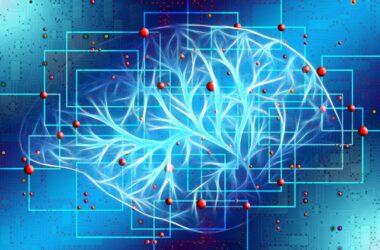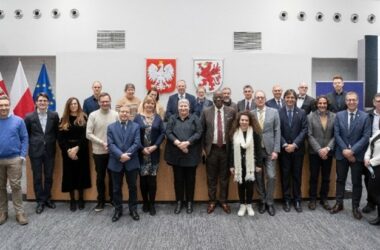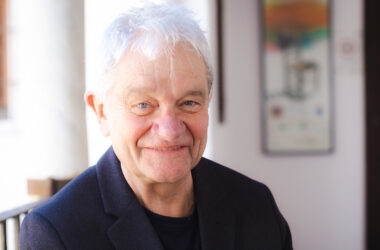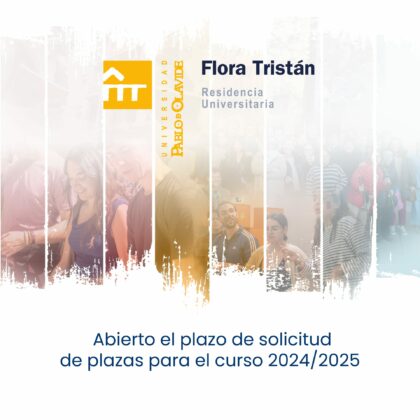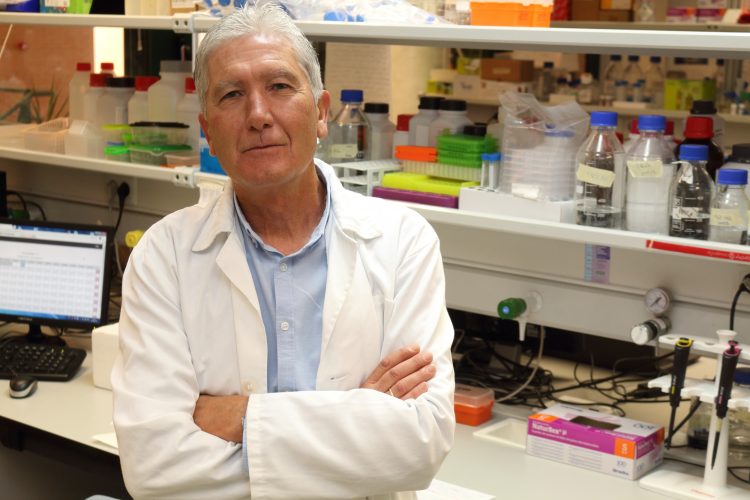
The project is called BrainCure: Medicina de precisión personalizada para las ENACH (BrainCure: personalised precision medicine for NBIA disorders). It has been developed by the scientific team led by the UPO lecturer José Antonio Sánchez Alcázar and is one of the four projects selected by the Spanish Foundation for Rare Diseases (FEDER) in the V Convocatoria de Ayudas a la Investigación (fifth official announcement for research grants). Its resolution has been evaluated by the Carlos III Health Institute.
The aim of the UPO project is to find new effective personalised therapies in patients who suffer from NBIA
These grants awarded by the FEDER Foundation, endowed with 25,000 euros for each project, are awarded in order to support and promote research on rare diseases. Under the name Terapia para la Neurodegeneración con Acumulación Cerebral de Hierro (NACH) (P18-TP-850), in English, therapy for neurodegeneration with brain iron accumulation (NBIA), this project has recently been selected by the Regional Government of Andalusia in the form of collaboration with the consolidated productive framework (Colaboración con Tejido Productivo Consolidado), endowing it with 114,770 euros.
With these investments from the FEDER Foundation and the Regional Government of Andalusia, the scientific team of the UPO will keep looking for new effective personalised therapies in patients of this generation with NBIA, using drugs already on the market that, combined with each other and in different doses, may be a therapeutic option for such patients.
ENACHs (in English, NBIA disorders) are a group of inherited neurological disorders in which iron accumulates in the basal ganglia, resulting in progressive dystonia, spasticity, parkinsonism, neuropsychiatric abnormalities, optic atrophy or retinal degeneration, and often early death. This disease has 12 subtypes and affects mostly children during their first decade of life.
International reference in the search for therapies for rare disorders
The BrainCure project started to be developed in 2014. It was promoted by ENACH Association (Spain) and led by José Antonio Sánchez Alcázar, researcher at the UPO`s Department of Physiology, Anatomy and Cell Biology and an international reference in the search for therapies against rare disorders.
Since these researches were launched, great progress has been made. In fact, the results obtained in the laboratory with cellular models of the patients themselves, which are then being transferred to the clinic with very promising results in the NBIA disorders subtype called PKAN (the most prevailing of the subtypes), have led to the application of the same methodology to the other ENACH subtypes with equally encouraging results at the laboratory level.
It is for that reason that, nowadays, this team carries out precision medicine in the 5 most frequent subtypes: PKAN, neurodegeneration associated with pantothenate kinase, with mutations in the PANK2 gene; PLAN, neurodegeneration associated with PLA2G6, with mutations in the PLA2G6 gene; BPAN, neurodegeneration associated with the beta-propeller protein, with mutations in the WDR45 gene; MPAN, neurodegeneration associated with mitochondrial membrane protein, with mutations in the C19orf12 gene; and FAHN, neurodegeneration associated with fatty acid hydroxylase, with mutations in the FA2H gene.
The scientific team is currently developing personalised medicine on more than 40 patients from Spain and other countries such as Brazil, Colombia, Mexico, USA, France, UK, Netherlands, Hungary and Poland. Appart from ENACH Asociación, three more international patient associations, which are AIDNAI (NBIA FRANCE), NBIA HUNGARY and NBIA POLAND, are determined to back the thesis of BrainCure.
It must be pointed out that neugeneration has a great impact on health due to the population ageing, its high prevalence and social cost. Among the neurodegenerative diseases noted for their high prevalence and seriousness, we may mention the Alzheimer’s disease (AD), Parkinson’s disease (PD), Huntington’s disease (HD) and Amyotrophic lateral sclerosis (ALS). Most of these diseases are characterized by a common pathogenic mechanism in which iron accumulation plays an important role. Therefore, the research team claims that the study of the NBIA disorders can be very useful to understand the physiopathological mechanisms of the most prevalent neurodegenerative diseases.
Finally, this UPO research team carries out their work in the Andalusian Developmental Biology Institute (Centro Andaluz de Biología del Desarrollo), which is jointly funded by the Spanish Research Council CSIC, the Andalusian Regional Government Junta de Andalucía, and the Universidad Pablo de Olavide (UPO) in Seville. This research team also applies this working method based on personalised precision medicine in other different projects, such as MYOCURE (focused on congenital myopathies) or MITOCURE (focused on mitochondrial diseases).
More information (only available in Spanish):

